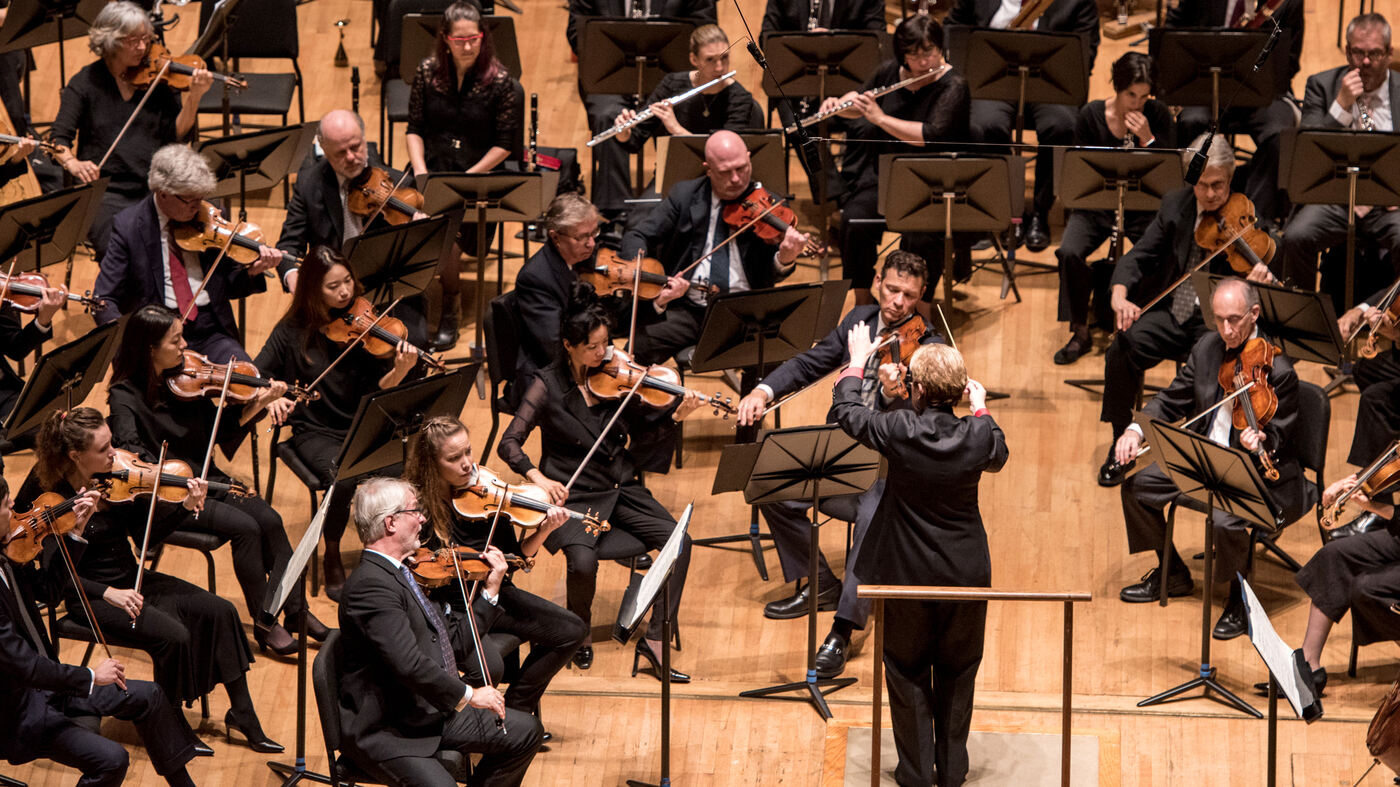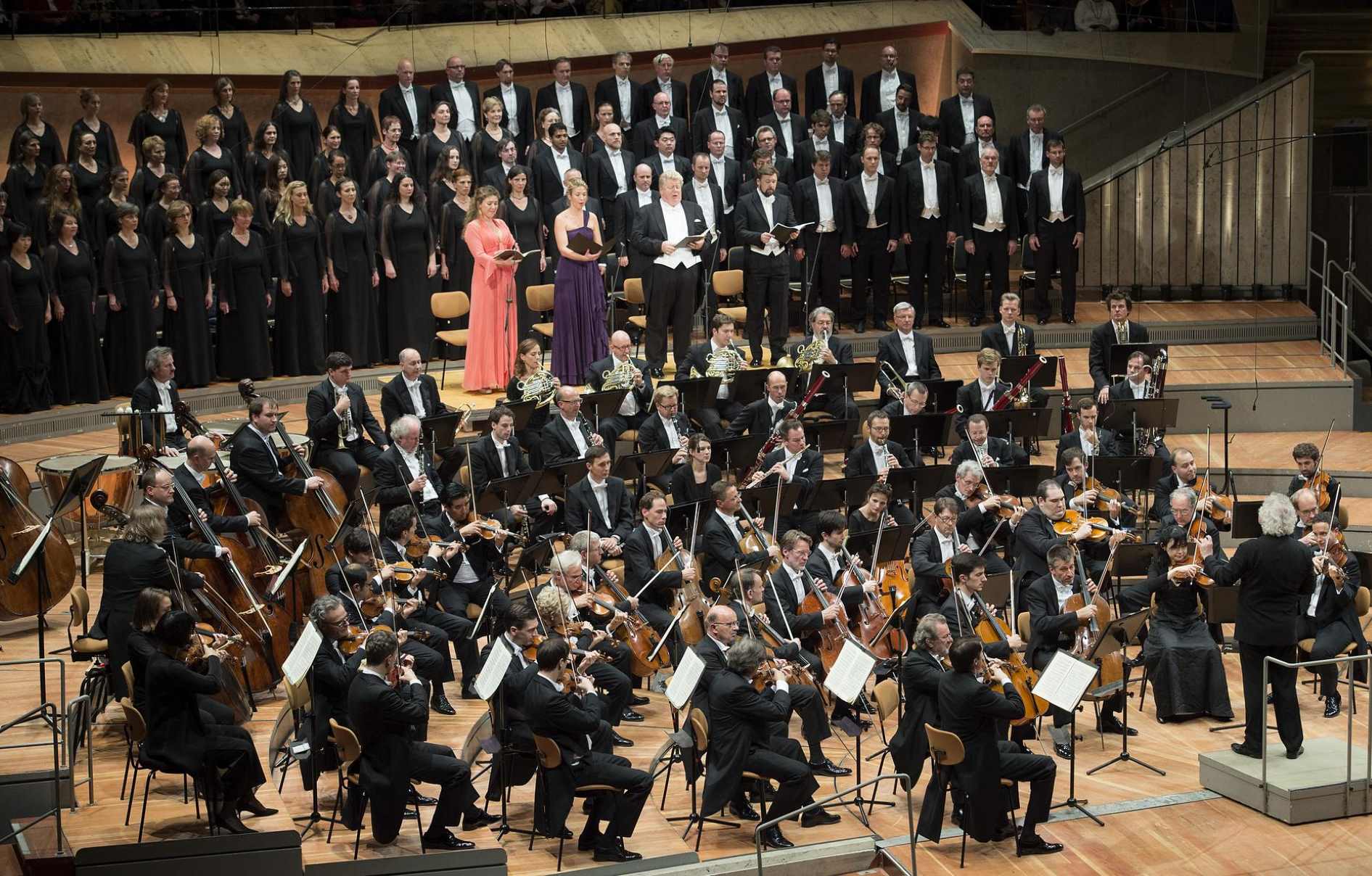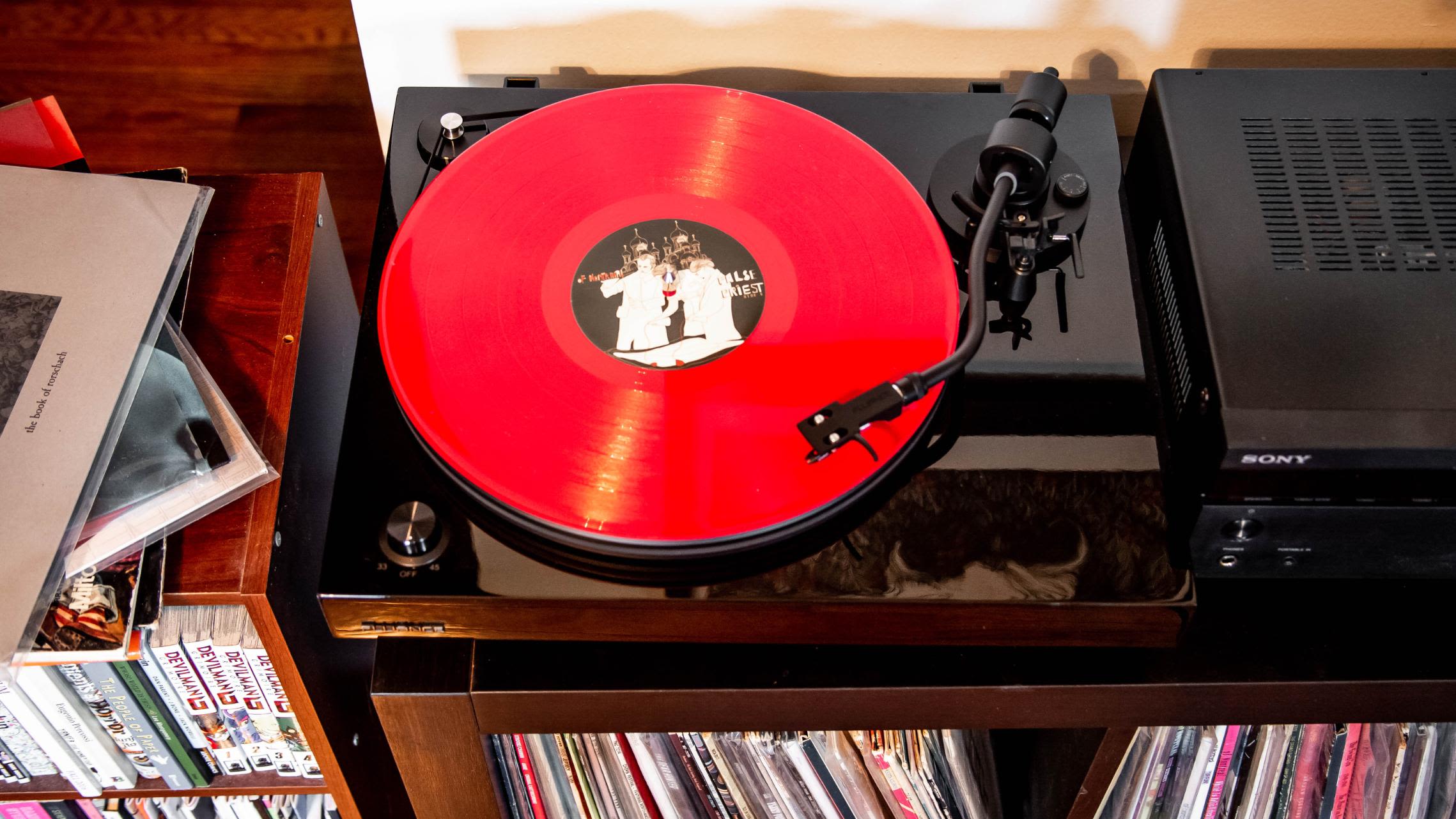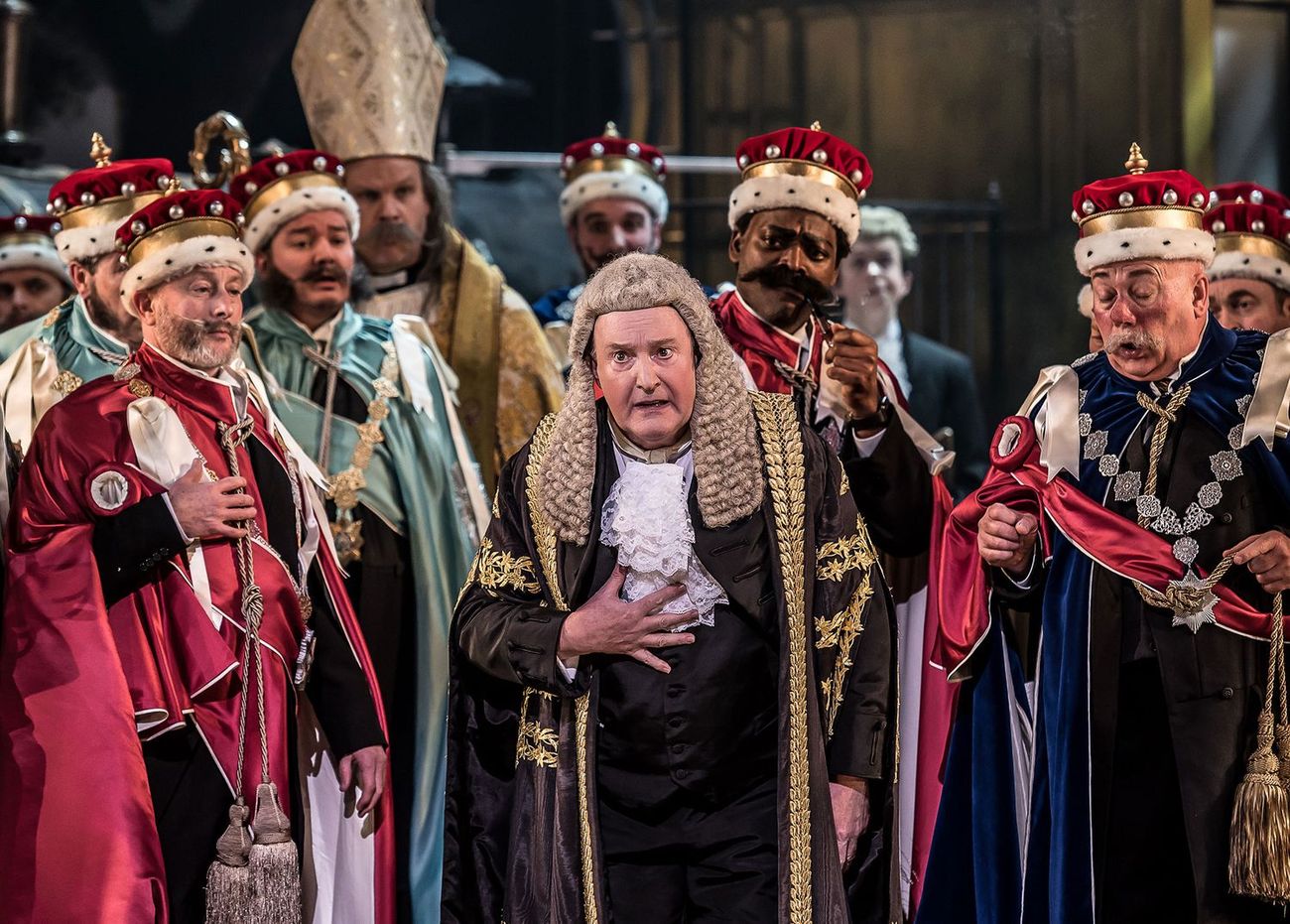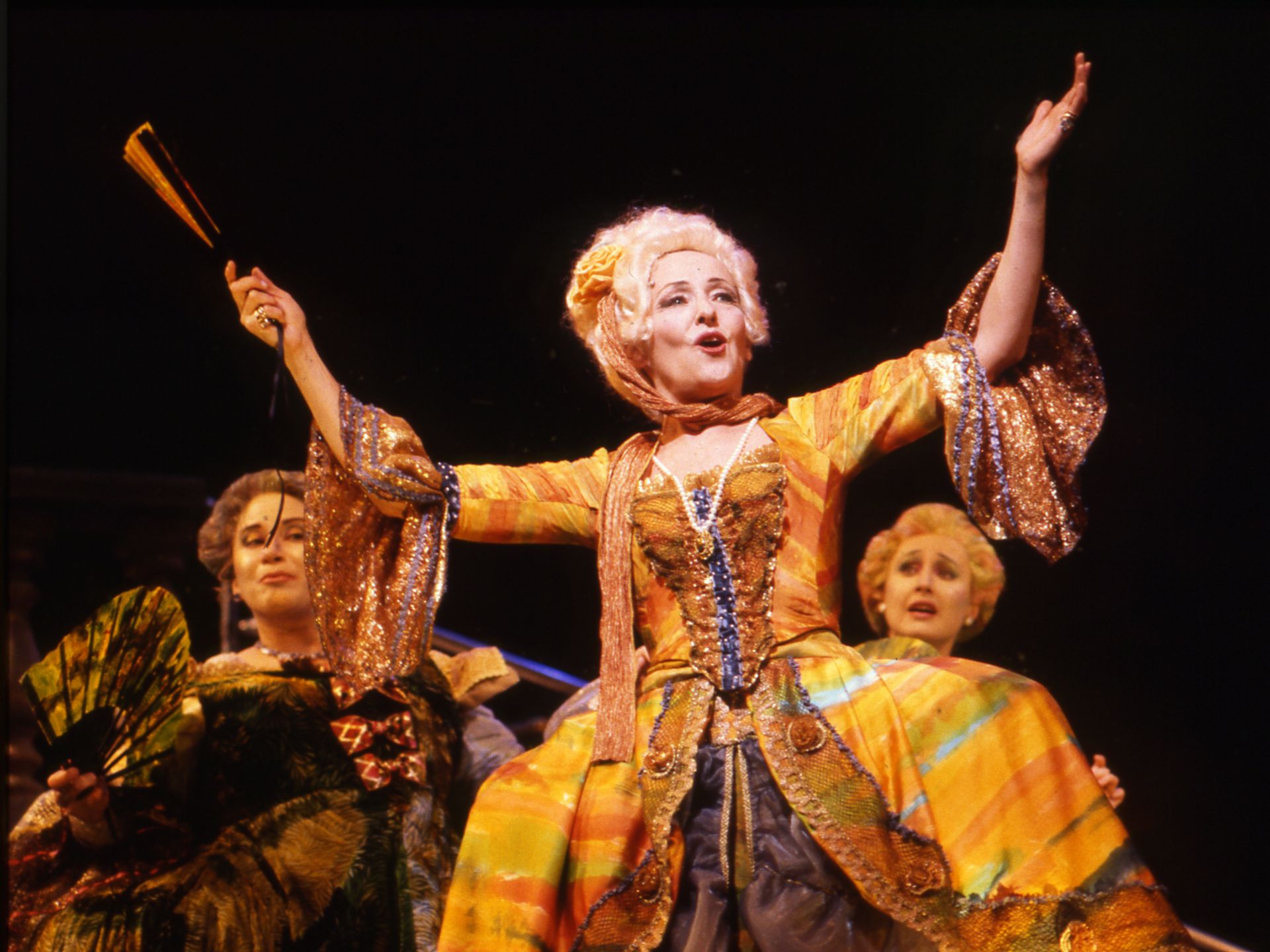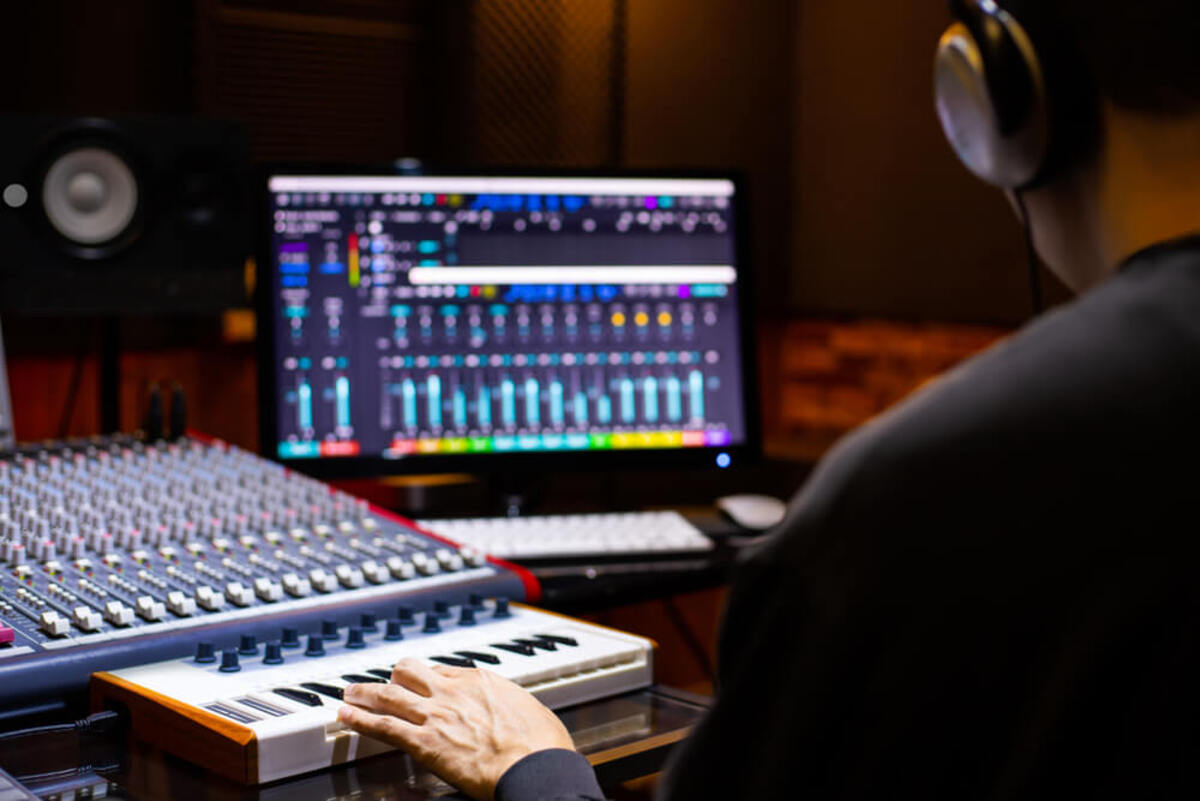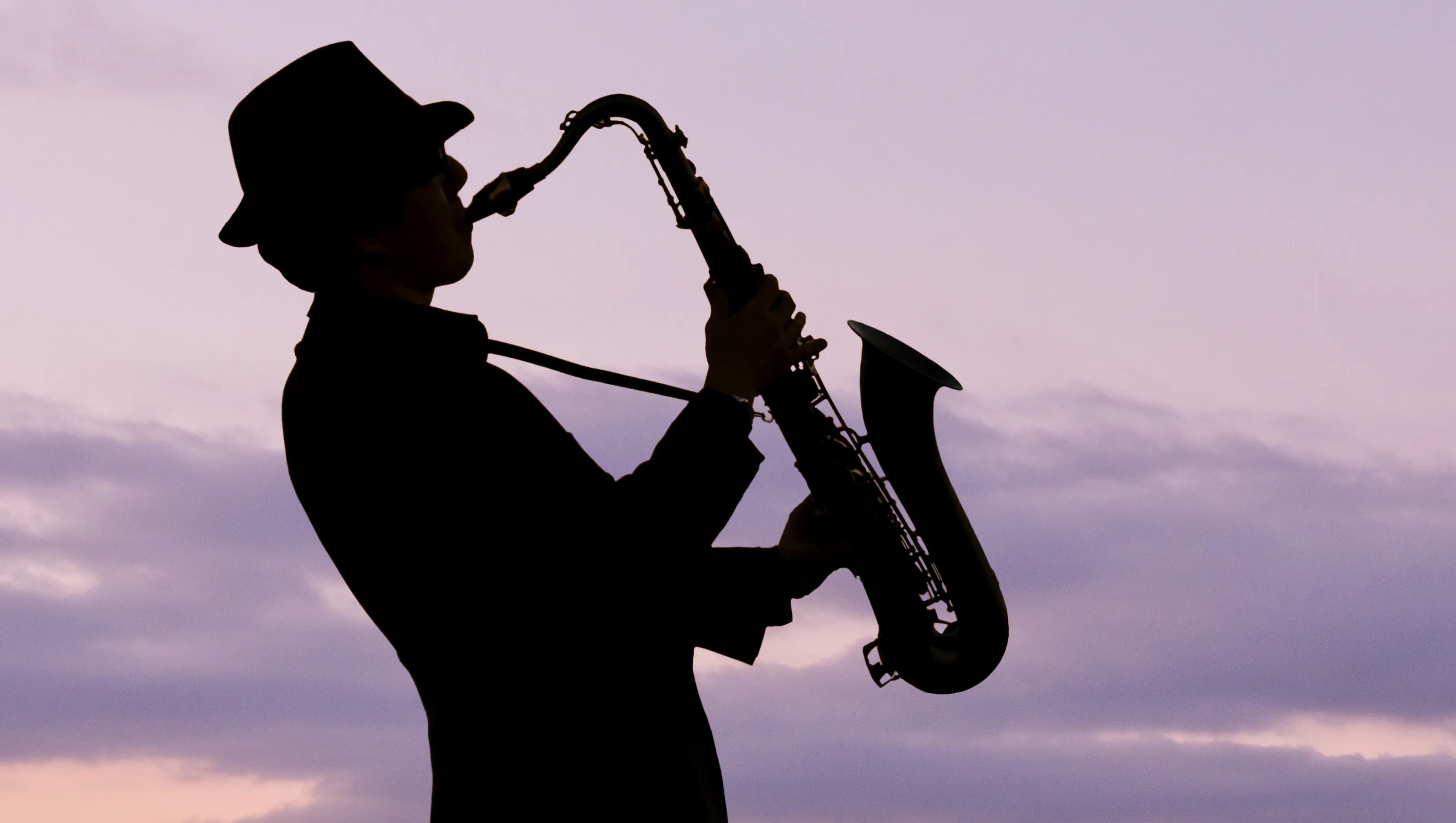Home>Production & Technology>Songwriter>What Is The Difference Between A Composer And A Songwriter
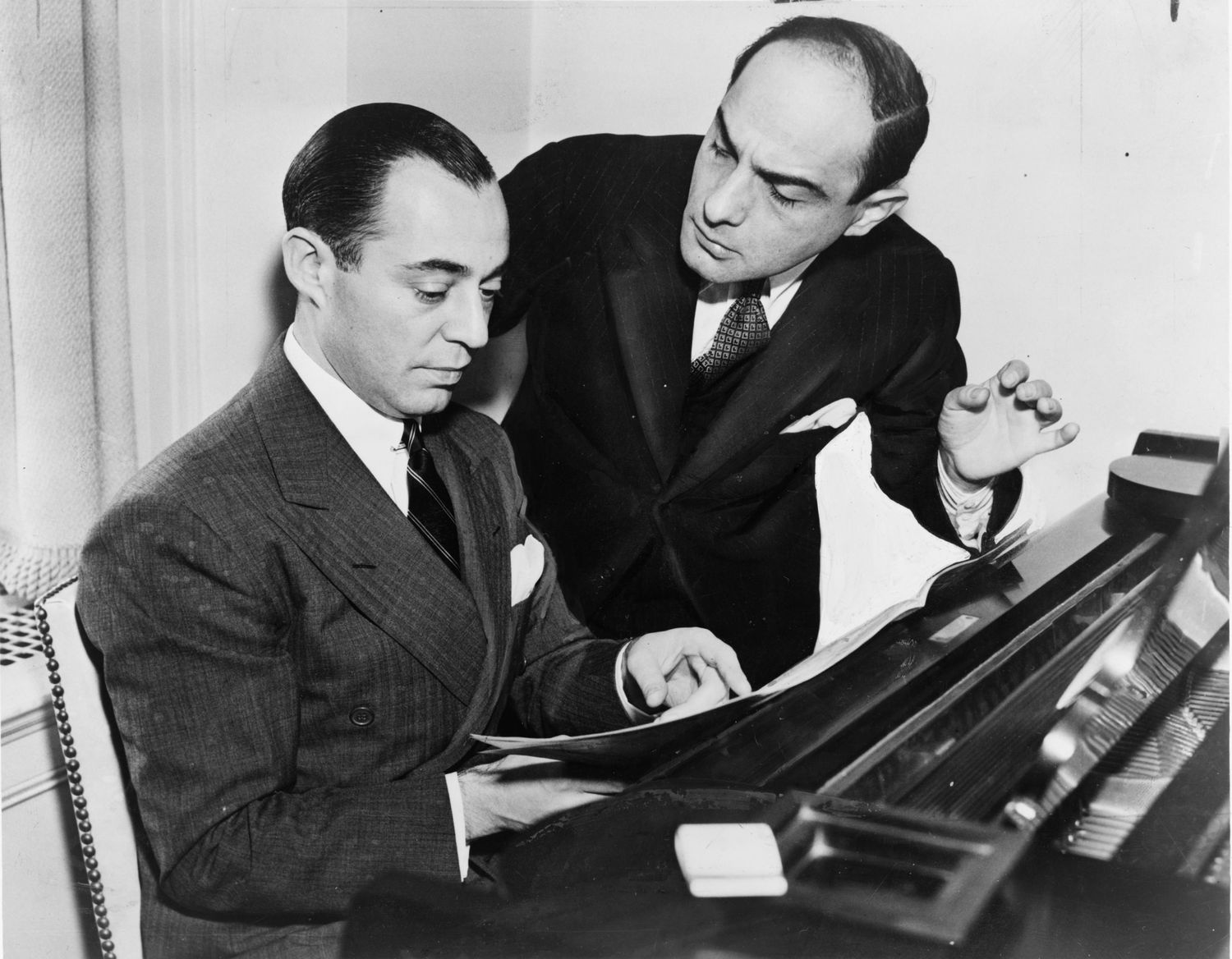

Songwriter
What Is The Difference Between A Composer And A Songwriter
Published: February 26, 2024
Discover the nuances between a composer and a songwriter, and understand the distinctions in their creative processes and roles in music production. Explore the unique attributes of a songwriter and their impact on the music industry.
(Many of the links in this article redirect to a specific reviewed product. Your purchase of these products through affiliate links helps to generate commission for AudioLover.com, at no extra cost. Learn more)
Table of Contents
Introduction
The world of music is a diverse and captivating realm that encompasses a wide array of creative roles and responsibilities. Within this vibrant landscape, two key figures stand out: the composer and the songwriter. While their contributions both shape the musical landscape, their roles, skills, and responsibilities differ significantly. Understanding the nuances between these two roles is essential for appreciating the depth and diversity of the music industry.
As we delve into the realms of composition and songwriting, we will uncover the distinct attributes that define each role. From the intricacies of musical arrangement to the art of storytelling through lyrics, composers and songwriters each bring a unique set of skills and perspectives to the table. By exploring their individual contributions, we gain a deeper appreciation for the multifaceted nature of music creation.
In this article, we will embark on a journey to uncover the essence of composition and songwriting. We will unravel the core responsibilities and creative skills that define these roles, shedding light on the artistry and craftsmanship that underpin each discipline. By the end of this exploration, you will have gained a comprehensive understanding of the differences between a composer and a songwriter, and the invaluable roles they play in shaping the musical tapestry of our world.
Definition of a Composer
A composer is a masterful architect of musical expression, wielding the power to craft intricate soundscapes that evoke emotions, tell stories, and transcend cultural boundaries. At the heart of their craft lies the ability to create original musical compositions, ranging from symphonies and operas to film scores and contemporary pieces. These visionary creators harness their profound understanding of musical theory, harmony, and instrumentation to breathe life into their compositions, channeling their creative vision into captivating auditory experiences.
The role of a composer extends far beyond mere note arrangement; it encompasses a profound understanding of musical structure, dynamics, and tonal color. Whether orchestrating a grand symphony or crafting a poignant film score, composers possess a deep-seated ability to harness the emotive power of music, weaving together melodies, harmonies, and rhythms to elicit a myriad of feelings and sensations within the listener's soul.
Furthermore, composers often demonstrate versatility in their approach, adapting their style to suit a diverse range of genres and contexts. From the timeless elegance of classical compositions to the innovative fusion of contemporary sounds, composers navigate a rich tapestry of musical genres with finesse and creativity. Their ability to infuse cultural influences and personal experiences into their compositions enriches the musical landscape, offering a kaleidoscope of sonic experiences that resonate with audiences across the globe.
In essence, a composer stands as a visionary creator, transcending the boundaries of musical expression to forge captivating compositions that stand the test of time. Their ability to capture the essence of human emotions and experiences through the medium of music cements their role as architects of sonic storytelling, enriching the world with their boundless creativity and unwavering dedication to the art of composition.
Definition of a Songwriter
A songwriter is a poetic storyteller, a weaver of emotions, and a masterful wordsmith who breathes life into melodies through the art of lyrical expression. At the core of their craft lies the profound ability to craft compelling narratives and evoke profound emotions through the power of words and music. Whether penning heartfelt ballads, anthemic rock songs, or soul-stirring pop melodies, songwriters harness the alchemy of language and melody to create timeless compositions that resonate with audiences on a deeply personal level.
The role of a songwriter transcends mere lyricism; it encompasses a profound understanding of storytelling, emotional resonance, and the ability to encapsulate the human experience within the confines of a song. From introspective introspections to rousing anthems, songwriters possess an innate ability to distill the complexities of life, love, and the human condition into poignant verses and infectious hooks. Their lyrical prowess serves as a conduit for universal emotions, offering solace, empowerment, and a sense of kinship to listeners across the globe.
Furthermore, songwriters often demonstrate versatility in their approach, adapting their lyrical style to traverse a diverse spectrum of genres and themes. Whether crafting intimate acoustic ballads or crafting high-energy dance anthems, songwriters navigate a rich tapestry of musical expressions with finesse and creativity. Their ability to infuse personal experiences, social commentary, and raw emotion into their lyrics enriches the musical landscape, offering a kaleidoscope of lyrical narratives that resonate with audiences across cultures and generations.
In essence, a songwriter stands as a poetic conduit, channeling the depth of human emotions and experiences into lyrical tapestries that transcend time and space. Their ability to capture the essence of the human condition through the marriage of words and music cements their role as storytellers of the soul, enriching the world with their boundless creativity and unwavering dedication to the art of songwriting.
Skills and Responsibilities of a Composer
The role of a composer is distinguished by a rich tapestry of skills and responsibilities that encompass a profound understanding of musical theory, orchestration, and creative vision. At the heart of their craft lies the ability to craft original compositions that transcend cultural boundaries and evoke profound emotional responses. To fulfill this artistic mandate, composers must possess a diverse array of skills and embrace a set of core responsibilities that define their role as architects of musical expression.
Musical Proficiency:
Composers are virtuosos in the realm of musical theory, possessing an intricate understanding of harmony, counterpoint, and musical structure. Their proficiency extends to a mastery of various musical instruments, allowing them to translate their compositions into tangible orchestrations with precision and finesse. Whether crafting symphonies, operas, or film scores, composers leverage their musical prowess to breathe life into their compositions, infusing them with depth, nuance, and emotive resonance.
Orchestration and Arrangement:
The art of orchestration is a cornerstone of a composer's skill set. They possess the ability to weave together a diverse array of instruments, harnessing their timbres, dynamics, and expressive capabilities to create compelling musical tapestries. From the grandeur of symphonic arrangements to the intimacy of chamber music, composers deftly orchestrate their compositions, sculpting sonic landscapes that captivate and enthrall audiences.
Creative Vision:
At the core of a composer's responsibilities lies the cultivation of a bold and innovative creative vision. They are tasked with conceptualizing original musical ideas, exploring unconventional harmonies, and pushing the boundaries of musical expression. Whether drawing inspiration from historical influences or forging new sonic frontiers, composers bear the responsibility of breathing life into their artistic vision, infusing their compositions with a distinctive and evocative voice.
Collaboration and Communication:
Composers often collaborate with conductors, musicians, and producers, requiring strong communication and interpersonal skills. They must effectively convey their artistic vision, provide direction during rehearsals, and collaborate closely with performers to ensure the faithful interpretation of their compositions. Clear and open communication is essential for realizing the composer's musical vision and fostering a harmonious creative process.
Adaptability and Versatility:
In a dynamic and ever-evolving musical landscape, composers must demonstrate adaptability and versatility in their approach. They navigate a diverse range of musical genres and contexts, from classical compositions to contemporary film scores, showcasing their ability to transcend stylistic boundaries and embrace a multitude of creative influences. This adaptability enables composers to engage with a broad spectrum of musical expressions, enriching their artistic repertoire and resonating with diverse audiences.
In essence, the skills and responsibilities of a composer converge to form a multifaceted tapestry of musical artistry. Their proficiency in musical theory, orchestration, creative vision, collaboration, and adaptability collectively define their role as visionary architects of sonic storytelling, shaping the musical landscape with their boundless creativity and unwavering dedication to the art of composition.
Skills and Responsibilities of a Songwriter
The role of a songwriter is distinguished by a rich tapestry of skills and responsibilities that encompass a profound understanding of lyrical storytelling, emotional resonance, and the art of crafting compelling melodies. At the heart of their craft lies the ability to create original compositions that resonate with audiences on a deeply personal level, evoking a myriad of emotions and experiences. To fulfill this artistic mandate, songwriters must possess a diverse array of skills and embrace a set of core responsibilities that define their role as storytellers of the soul.
Lyrical Proficiency:
Songwriters are masters of language, possessing an innate ability to craft compelling narratives, evoke emotions, and distill the complexities of human experiences into poignant verses. Their lyrical prowess extends beyond mere rhyming; it encompasses the art of storytelling, metaphorical expression, and the ability to convey profound emotions through the medium of words. Whether penning introspective ballads, anthemic anthems, or soul-stirring pop melodies, songwriters harness the alchemy of language to create timeless compositions that resonate with audiences on a deeply personal level.
Melodic Composition:
The art of melodic composition is a cornerstone of a songwriter's skill set. They possess the ability to craft captivating melodies that intertwine seamlessly with their lyrical narratives, creating an immersive and emotive sonic experience. Whether crafting intimate acoustic ballads or crafting high-energy dance anthems, songwriters deftly weave together melody and lyrics, sculpting musical landscapes that captivate and enthrall listeners.
Emotional Resonance:
At the core of a songwriter's responsibilities lies the cultivation of emotional resonance within their compositions. They are tasked with capturing the essence of human emotions, experiences, and universal themes, infusing their lyrics and melodies with a profound sense of authenticity and relatability. Songwriters bear the responsibility of creating compositions that serve as conduits for universal emotions, offering solace, empowerment, and a sense of kinship to listeners across cultures and generations.
Collaboration and Communication:
Songwriters often collaborate with musicians, producers, and artists, requiring strong communication and interpersonal skills. They must effectively convey their artistic vision, provide direction during recording sessions, and collaborate closely with performers to ensure the faithful interpretation of their compositions. Clear and open communication is essential for realizing the songwriter's musical vision and fostering a harmonious creative process.
Adaptability and Versatility:
In a dynamic and ever-evolving musical landscape, songwriters must demonstrate adaptability and versatility in their approach. They navigate a diverse range of musical genres and themes, from intimate ballads to empowering anthems, showcasing their ability to transcend stylistic boundaries and embrace a multitude of creative influences. This adaptability enables songwriters to engage with a broad spectrum of musical expressions, enriching their artistic repertoire and resonating with diverse audiences.
In essence, the skills and responsibilities of a songwriter converge to form a multifaceted tapestry of musical artistry. Their proficiency in lyrical storytelling, melodic composition, emotional resonance, collaboration, and adaptability collectively define their role as poetic storytellers, shaping the musical landscape with their boundless creativity and unwavering dedication to the art of songwriting.
Key Differences Between a Composer and a Songwriter
The key differences between a composer and a songwriter stem from the distinct artistic domains they inhabit and the unique creative processes that define their roles. While both contribute to the musical landscape, their approaches, skills, and focal points diverge significantly, shaping their respective contributions to the world of music.
Artistic Focus:
A fundamental distinction lies in the artistic focus of composers and songwriters. Composers primarily channel their creative energies into crafting intricate musical compositions, focusing on the interplay of harmonies, melodies, and orchestration to evoke emotions and convey narratives without the use of lyrics. In contrast, songwriters center their artistic endeavors on the fusion of lyrical storytelling and melodic composition, weaving narratives and emotions into cohesive songs that resonate with audiences through the marriage of words and music.
Medium of Expression:
Another pivotal difference lies in the primary medium of expression utilized by composers and songwriters. Composers predominantly harness instrumental arrangements, leveraging the evocative power of music to convey emotions and narratives. Their compositions transcend linguistic barriers, offering a universal language of expression that transcends cultural boundaries. On the other hand, songwriters rely on the synergy of lyrics and melodies to articulate their narratives, infusing their compositions with verbal imagery and emotional depth that resonates on a deeply personal level with listeners.
Narrative Emphasis:
Composers and songwriters diverge in their emphasis on narrative construction within their compositions. Composers convey narratives through the interplay of musical motifs, tonal shifts, and thematic development, allowing instrumental arrangements to unfold rich and nuanced stories without the need for explicit verbal articulation. In contrast, songwriters place a strong emphasis on crafting lyrical narratives that encapsulate the human experience, offering poignant insights, social commentary, and personal reflections within the confines of a song's lyrics.
Collaborative Dynamics:
The collaborative dynamics inherent in the creative processes of composers and songwriters also showcase notable differences. Composers frequently collaborate with conductors, musicians, and producers, focusing on orchestrating and realizing their compositions through instrumental interpretation. Songwriters often collaborate with vocalists, musicians, and producers, directing the lyrical and melodic expression of their compositions to convey their intended emotional and narrative resonance.
In essence, the key differences between a composer and a songwriter encompass their artistic focus, medium of expression, narrative emphasis, and collaborative dynamics, underscoring the unique contributions and creative approaches that define these distinct roles within the musical tapestry.
Conclusion
In conclusion, the realms of composition and songwriting stand as distinct yet interconnected pillars of musical expression, each bearing its own unique tapestry of skills, responsibilities, and creative nuances. Composers, with their mastery of musical theory, orchestration, and creative vision, craft intricate soundscapes that transcend linguistic barriers, offering universal narratives through the evocative power of instrumental arrangements. On the other hand, songwriters, as poetic storytellers and melodic architects, weave emotional narratives and personal reflections into lyrical compositions, resonating with audiences on a deeply personal level through the fusion of words and music.
The multifaceted skills and responsibilities of composers and songwriters converge to shape the musical landscape, offering a rich tapestry of sonic experiences that transcend cultural boundaries and resonate with diverse audiences. Whether through the grandeur of symphonic compositions or the intimacy of heartfelt ballads, composers and songwriters play pivotal roles in shaping the human experience through the transformative power of music.
As we traverse the realms of composition and songwriting, we gain a profound appreciation for the depth and diversity of musical creation. Composers stand as visionary architects, transcending the boundaries of musical expression to craft captivating compositions that stand the test of time, while songwriters serve as poetic conduits, channeling the depth of human emotions and experiences into lyrical tapestries that resonate across generations.
Ultimately, the differences between a composer and a songwriter underscore the rich tapestry of artistic expression within the music industry, showcasing the diverse avenues through which creativity and emotion intertwine to enrich the human experience. By embracing the distinct contributions of composers and songwriters, we celebrate the boundless creativity and unwavering dedication that underpin the art of musical storytelling, fostering a vibrant and ever-evolving musical landscape that continues to captivate and inspire audiences worldwide.

